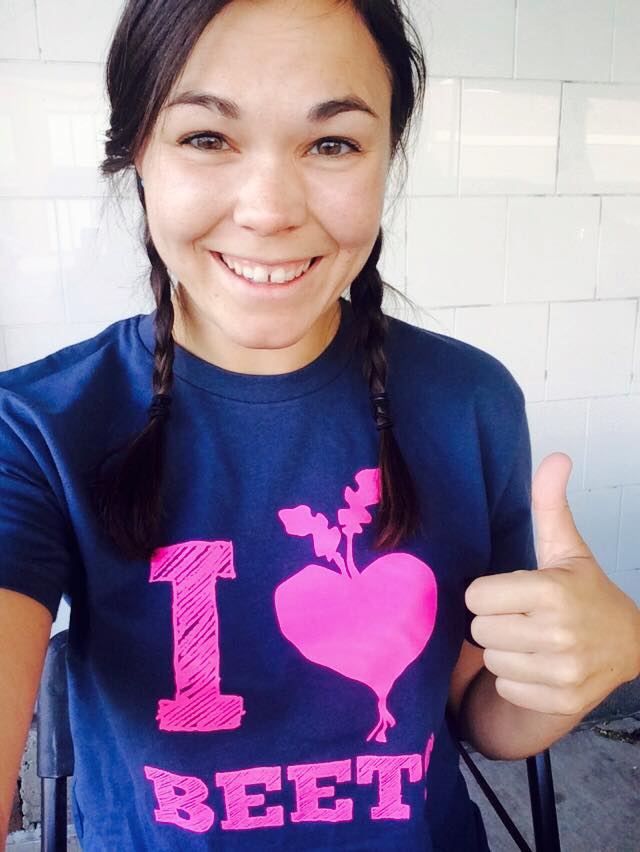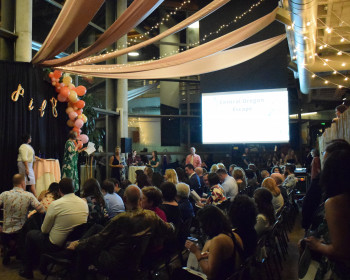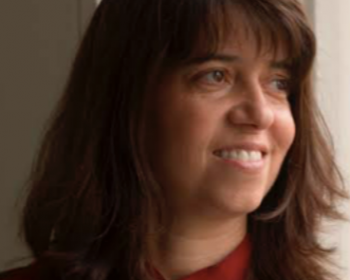Dani Replogle
Portland, Oregon
Open gallery

I was incredibly fortunate to spend the summer after my 1L year at a job that allowed me to do the exact work that motivated me to come to law school in the first place. After spending years learning about the horrors of the industrial food system and teaching more sustainable alternatives to my eighth-grade students, I wanted a more active role in stopping the giant agricultural companies that systemically choose profits over the health of consumers and the environment. My clerkship at Center for Food Safety allowed me to step into that role.
I first met Amy, a staff attorney at CFS and my mentor, over veggie burritos during fall semester. We clicked almost at once over our matching bee tattoos. She told me about a case CFS recently won over EPA’s failure to publish notice in the federal register before approving registration of dozens of pesticides that posed threats to our already dwindling pollinator populations. Center for Food Safety was litigating an issue I cared about so deeply that I had permanently enshrined it on my wrist in the form of an inked insect. I knew that I wanted to work for CFS then, and with PILP’s help I was realizing my goal within the year.
Though I did not know much about administrative law when I finished 1L, I certainly had a good foundation by the time I started 2L. During my clerkship, I applied my newly honed legal research and writing skills to the case I learned about during my first meeting with Amy. I was involved in the effort to find a suitable remedy to EPA’s procedural error. Later, in a project that allowed me to merge my interests in science and law, I drafted a petition to the government requesting more oversight of a genetically engineered invasive species. I also got to practice civil procedure while drafting a complaint against USDA for missing a deadline set by the National Bioengineered Food Disclosure Standard, also known as the DARK Act. Finally, in addition to many smaller projects, I learned the basics of document review while working on a case against NOAA’s decision to pursue industrial aquaculture in the Gulf of Mexico.
My clerkship with CFS has undoubtedly been my favorite part of law school. I learned an incredible amount about food law, the strategies utilized by successful litigators in the field, policy development in the Oregon legislature, and the functioning of nonprofit organizations. Through my supervisors at CFS, I was even able to attend an oral argument about a prominent environmental issue at the ninth circuit. I will continue to work with CFS throughout the fall, and I am grateful for the PILP award that helped make it possible.
More Public Interest Law Project (PILP) Stories
Public Interest Law Project (PILP) is located in McCarty Classroom Complex.
MSC: 51
email pilp@lclark.edu
voice 503-768-6782
fax 503-768-6729
President: Natalie Hollabaugh
Auction Directors: Faith Fox & Hanah Morin


